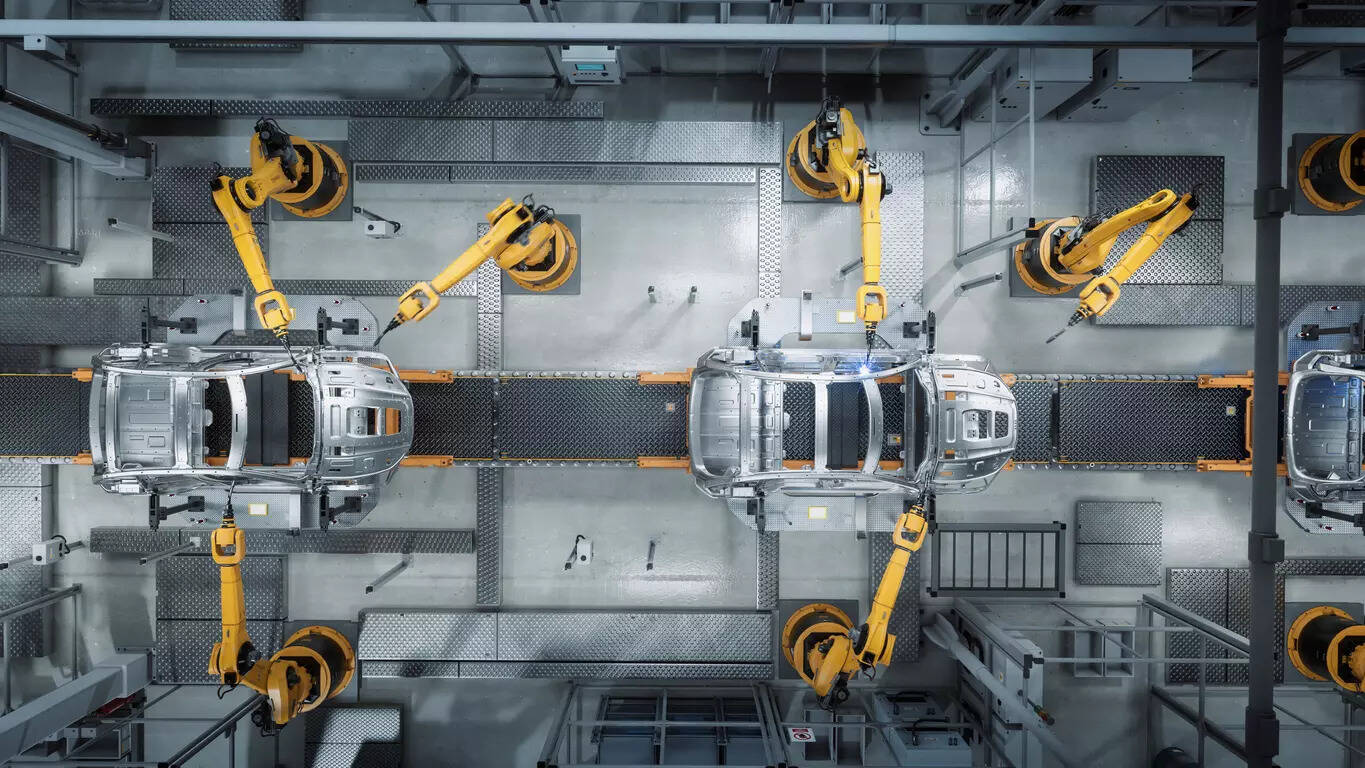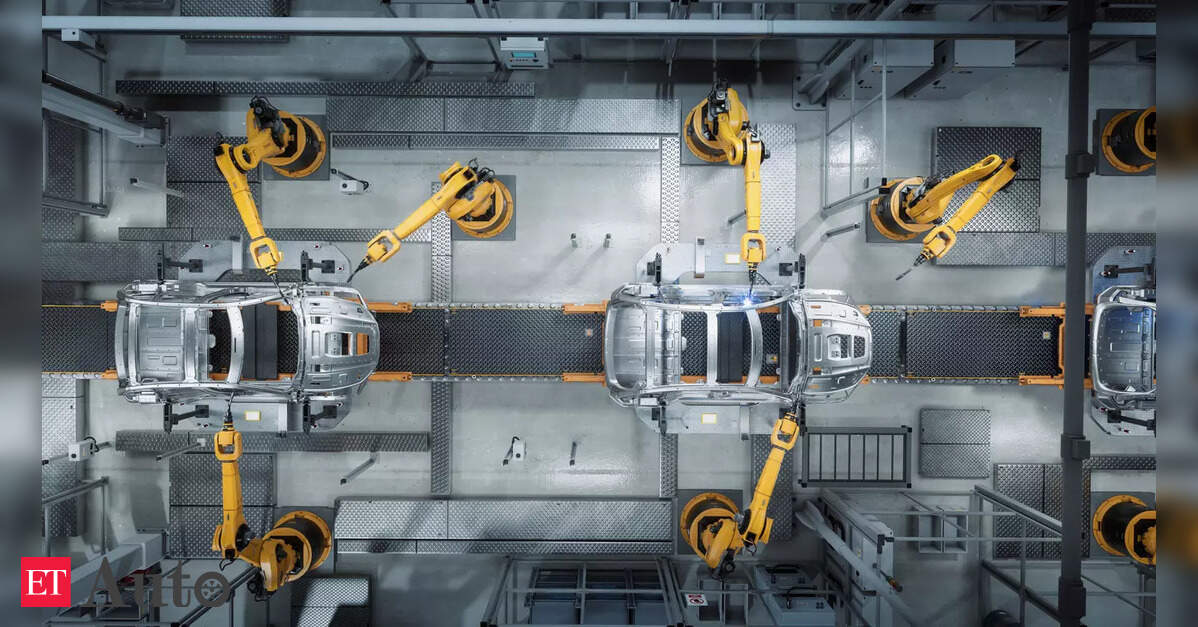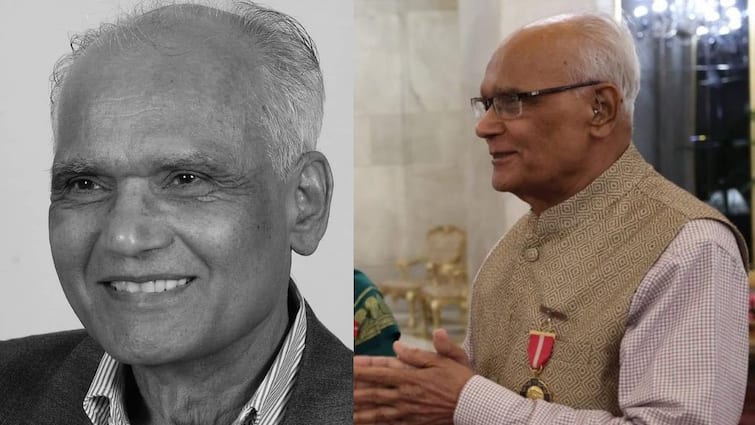 Detailed guidelines of this policy were issued in June this year and a dedicated portal for making applications was set up.
Detailed guidelines of this policy were issued in June this year and a dedicated portal for making applications was set up.India’s plan to become a global hub for manufacturing of electric passenger cars by offering massive import duty concessions appears to be coming undone.
Global OEMs, many of whom have made enquiries about the policy rolled out to encourage local manufacturing of electric cars, have not committed a single rupee so far. Official sources told ETAuto today that many of these potential investors have expressed their apprehensions about investing in setting up mega manufacturing plants when India’s Free Trade Agreements (FTAs) with the European Union and the US are still under negotiations.
The OEMs want to see whether the FTAs offer similar or bigger import duty concessions to what the Indian government has offered under the Scheme for Promotion of Manufacturing of Electric Passenger Cars in India (SPMEPCI).
Detailed guidelines of this policy were issued in June this year and a dedicated portal for making applications was set up. The deadline to close the portal is approaching, but no applications have come in.
“No one has come forward yet,” a government official confirmed to ETAuto. He said that the portal will remain open till October 21. “We will take a call on whether to reopen the portal after the first round. Many OEMs have made enquiries under the SPMEPCI but no one wants to commit any investment till there is clarity on FTAs. Take the India-UK agreement, for example, where import tariffs will crash from the fifth year for vehicle imports from the UK market. OEMs don’t want to commit large sums and then get the benefits anyway under one FTA or the other,” this official said.
Another official said that Tesla – for which this entire policy was allegedly drafted and notified in a tearing hurry in 2024 – has attended just one meeting before the policy guidelines were issued and has not communicated thereafter.
Tesla has, meanwhile, already started selling cars in India through the CBU route, with no import duty concessions.
So, is the government looking to tweak the benefits and conditions under this policy? One of the officials quoted above said that the SCMEPCI offers significant import duty benefits. “The duty benefits available under the policy are such that an entirely new manufacturing plant can be funded with the money…after the first round is over on October 21st, we will sit with the OEMs again and figure out how to make the policy more attractive,” he said.
The no-show by global OEMs comes despite automobile industry executives indicating earlier that OEMs including Hyundai Motor India, Kia India, the Volkswagen Group and Toyota, could be interested.
Also watch: ETAuto Unplugged: The evolving role of automotive components industry
The policy
SPMEPCI requires a participating OEM to commit ₹4,150 crore ($500 million) minimum investment in setting up a manufacturing facility for electric passenger cars in India. It must also furnish a bank guarantee of at least ₹4,150 crore ($500 million) along with the application. The OEM must achieve 25 per cent DVA (domestic value add) within three years and 50 per cent within five years. Only those OEMs which have a minimum global group revenue from automotive manufacturing of ₹10,000 crore and minimum global investment in fixed assets (gross block) of ₹3,000 crore are eligible.
Brownfield investments have also been allowed under the policy, after much lobbying by India’s homegrown OEMs, since they had cried discrimination at the prospect of global companies getting benefits for making in India, leaving the Indian OEMs out.
But the brownfield investments are eligible only as long as the OEM can showcase a new line for electric passenger cars at an existing facility, under specific conditions. One of these conditions is a clear physical demarcation between the new manufacturing facility and any existing manufacturing facility; investment and other criteria remain the same as for global OEMs.
In lieu of a commitment to make electric passenger cars in India and reach local sourcing level of 50 per cent in five years, the OEM will be allowed to import a specified number of high value cars (priced $35000 and above) from its global factories at a concessional duty rate of 15 per cent.
Tough conditions
According to at least one local OEM, the policy has laid down near impossible conditions for OEMs with just concessional imports being allowed in return. One, the investment made by an OEM in land – a sizable amount usually – has been excluded from the total investment mandated under this policy. Two, penalties have been defined in case the strict DVA targets are not met.
“Who promotes a policy for encouraging incoming investment while also setting out penalties for breaching local sourcing requirements? DVA norms are quite difficult to implement,” a person at one of the OEMs had said earlier.
The high entry barrier – ₹10,000 crore global revenue from automotive business and global fixed assets worth ₹3,000 crore – anyway makes smaller local EV OEMs ineligible. Also, the import duty reduction is applicable only on high value CBUs and appears to be incentivising global OEMs to test market their high-end EV models in the Indian market.
It is unlikely to incentivise local OEMs. One of the officials quoted above said that companies like Maruti Suzuki India, Tata Motors and Mahindra & Mahindra have attended stakeholder meetings alongside the global OEMs.
Also Read: India’s e-trucking is still in first gear—it’s time to accelerate
Tesla walked away
The SPMEPCI was, for all intents and purposes, notified with undue haste in March 2024, just days ahead of the general elections, to woo American electric vehicle giant Tesla. Much of the policy was framed to comply with Tesla’s ask. But as Tesla dithered (due to its own domestic and political compulsions), actual guidelines under the policy did not come out for another 15 months. The policy guidelines came only after it became amply clear that Tesla will only be importing cars instead of parking large sums in setting up a manufacturing base in India.




